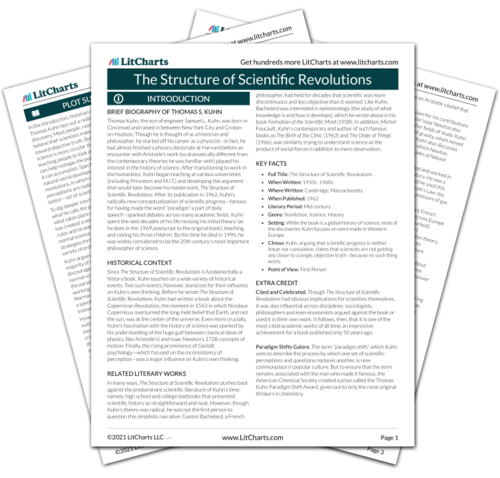

We define a leadership event as a perceived segment of action whose meaning is created by the interactions of actors involved in producing it, and we present a set of innovative methods for capturing and analyzing these contextually driven processes. We label this a dynamic of adaptive leadership, and we show how this dynamic provides important insights about the nature of leadership and its outcomes in organizational fields.

That is, leadership is a dynamic that transcends the capabilities of individuals alone it is the product of interaction, tension, and exchange rules governing changes in perceptions and understanding. In this paper, we propose that leadership (as opposed to leaders) can be seen as a complex dynamic process that emerges in the interactive “spaces between” people and ideas. Leadership theory must transition to new perspectives that account for the complex adaptive needs of organizations. Of Business and a BA from Bucknell University.Abstract: �Traditional, hierarchical views of leadership are less and less useful given the complexities of our modern world. She holds an MBA from the Stanford Graduate School She believes that microfi nance, relationships, and stories are

Jessica Jackley Flannery cofounded Kiva, the first peer-to-peer microlending

Want to start your own revolution? Be aware of your most basicĪssumptions, and be ready to question them. Used technology and microfinance to build the company around Stories to form connections and inspire action, and we had then Seen before us the enormous untapped potential of entrepreneurs’ That this was happening with Kiva, then only a year old: We had One of Professor Bill Barnett’s strategy courses one day, I realized They then build themselves around this vision. Markets, and in a way, entirely new paradigms.Ībout how things could be better-a kind of prescriptiveĪnomaly. New insight has the potential to shape an Gotten a glimpse of something that could actually redefine the However, the anomalies are true, and we’re not crazy, and we’ve Or “But that’s just not the way things work.” Sometimes, It’s easy to shun these inklingsĪnd to tell ourselves, “No, that can’t be true,” or “I must be crazy,” We get hints that the world might be differentįrom what we’d thought. In ways that perpetuate what we-and our communities-already So usually, we’re open to interpreting the world only Though they can limit what we’re capable of seeing and believing Without stopping to question these fundamental assumptions, Know something about what the world is like, and we gravitate The Earth revolved around the sun (not the other way around)?Īfter that year, I found Kuhn’s ideas informing my thoughtsĪren’t we all part of communities with agreed-upon, foundationalīeliefs? Deep down, conscious of it or not, we think we Remember Galileo, put under house arrest for claiming These shifts are scientific revolutions, “tradition-shattering complements to the tradition-bound activity of normal science.” (Kuhn calls these anomalies), and when enough strongĪnomalies build up and validate each other, a new paradigmĮmerges and the old paradigm bursts. Sometimes scientists observe things that don’t fit existing paradigms.
#Shapere the structure of scientific revolutions pdf professional


 0 kommentar(er)
0 kommentar(er)
